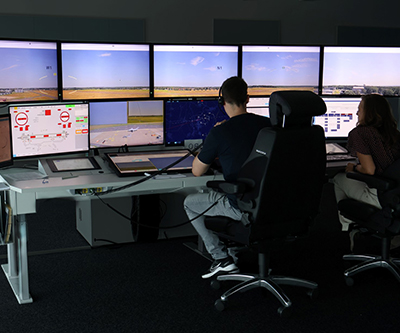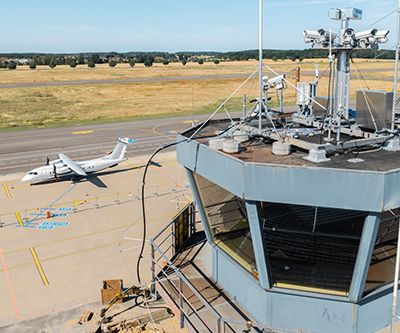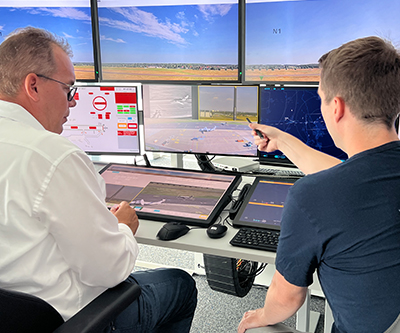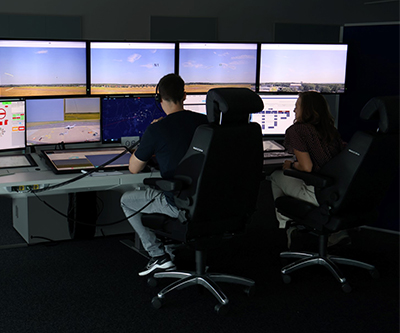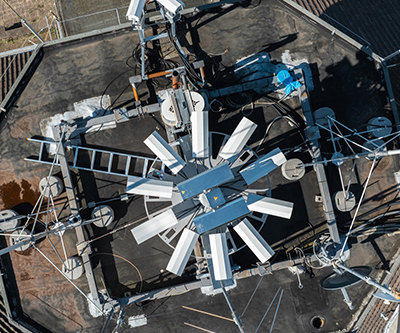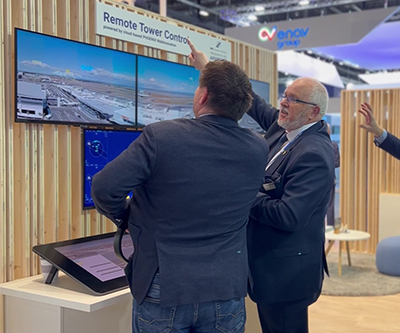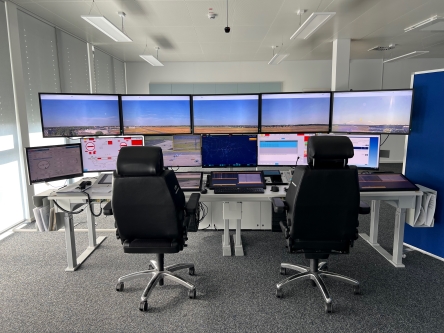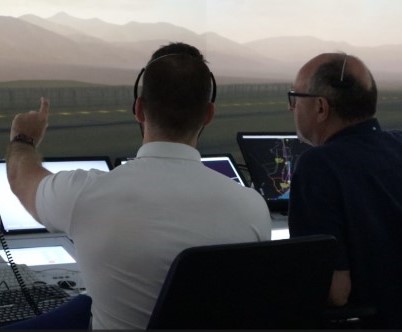Mit der Inbetriebnahme einer Remote oder Virtual Tower Lösung ist das Projekt nicht abgeschlossen. Jetzt geht es darum die Nachsorgephase umzusetzen sowie mögliche Fallback-Szenarien bereit zu halten. Konnten die gesetzten Ziele erreicht werden, sind ggf. im Rahmen der späteren Betriebstests zusätzliche Anforderungen an das System aufgetaucht oder besteht Änderungsbedarf? Dies sind wichtige Fragen, die für eine dauerhaft stabile und vorteilhafte Umsetzung konsequent beantwortet werden müssen. Sofern eine Integration weiterer Flugplätze ansteht, ist auch eine gute lessons-learned Analyse wichtig. Hierbei können wir methodisch und inhaltlich aus zahlreichen Projekterfahrungen profitieren.
Remote Tower Solutions
Remote Tower Solutions
Spitzentechnologie trifft auf operative Exzellenz
Innovation gestaltet die Zukunft des Flugverkehrsmanagements. Die DFS Aviation Services leistet Pionierarbeit bei der Integration von Remote-Tower-Lösungen. Remote Tower Control ermöglicht eine sichere, effiziente und flexible Flugverkehrskontrolle aus der Ferne und bietet Flughäfen die Möglichkeit, den Betrieb zu optimieren und gleichzeitig die Infrastrukturkosten zu senken. Durch den Einsatz von Remote-Tower-Funktionen treiben wir die Entwicklung des Flugverkehrsmanagements voran und versorgen Flughäfen mit skalierbaren, hochmodernen Lösungen, die den Anforderungen der modernen Luftfahrtwelt gerecht werden.

Wir unterstützen den Kunden von der Strategiefindung, Implementierung bis hin zur Begleitung des Betriebs. Als erfahrener ANSP können wir bei Projekten beratend zur Seite stehen oder die gesamte Umsetzung inklusive der notwenigen Infrastruktur übernehmen.
Dr. Ing. Veit Voges
ATM Solutions Manager
Remote Tower Solutions
Projekte
Project Reference
Construction & Operation of the second Remote Tower Control-Center in Germany
Construction of the Remote Tower Control (RTC) Center Lower Saxony
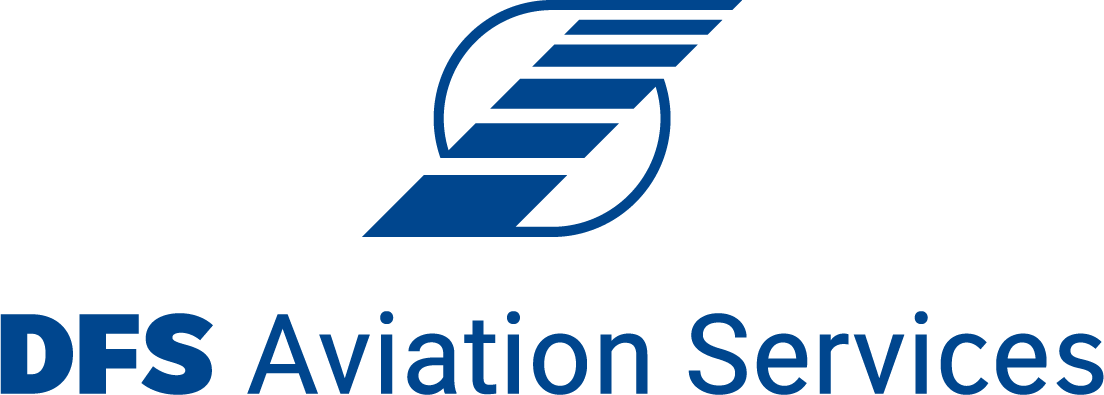
Niedersachsen, Germany
Construction of a Remote Tower Control (RTC) Center in Braunschweig with Emden & Braunschweig-Wolfsburg as first airports to be connected to the RTC Center. There is the potential to integrate up to 4 additional airports in the future. The control center is scheduled to go into operation at the Braunschweig site in 2024 and will be the second RTC Center in Germany.
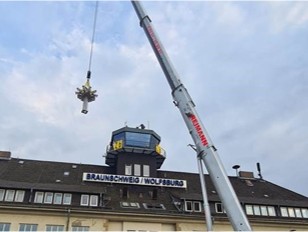
© DFS Aviation Services
Project Reference
Validation project
FREQUENTIS DFS AEROSENSE to install validation system for a virtual tower at Munich Airport
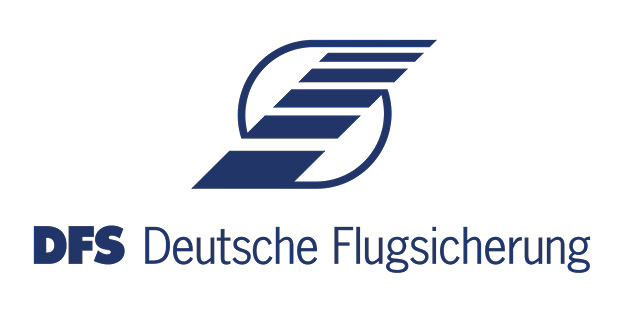
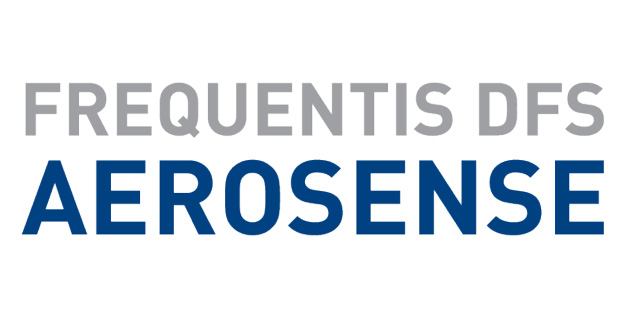
Germany
2024 the DAS joint venture FREQUENTIS DFS AEROSENSE was awarded the contract to supply a validation system for a virtual tower at Munich Airport.
In an initial project phase, the potential and suitability of the virtual tower for larger airports such as Munich will be determined and validated from both an operational and technical perspective.
Subsequently, specific use cases can be defined, for example, setting up a virtual tower as an interim system during the renovation of the control tower at Munich Airport required in the coming years. The technical and the operational validations will be carried out in 2025.
The working environment of the virtual tower is housed at the DFS branch in Munich. The 360-degree panorama cameras and the pan-tilt-zoom (PTZ) cameras are mounted on the existing control tower as part of the project. The 4K cameras transmit the information to high-resolution screens in the DFS branch, serving as the best possible substitute for the view from the tower itself.
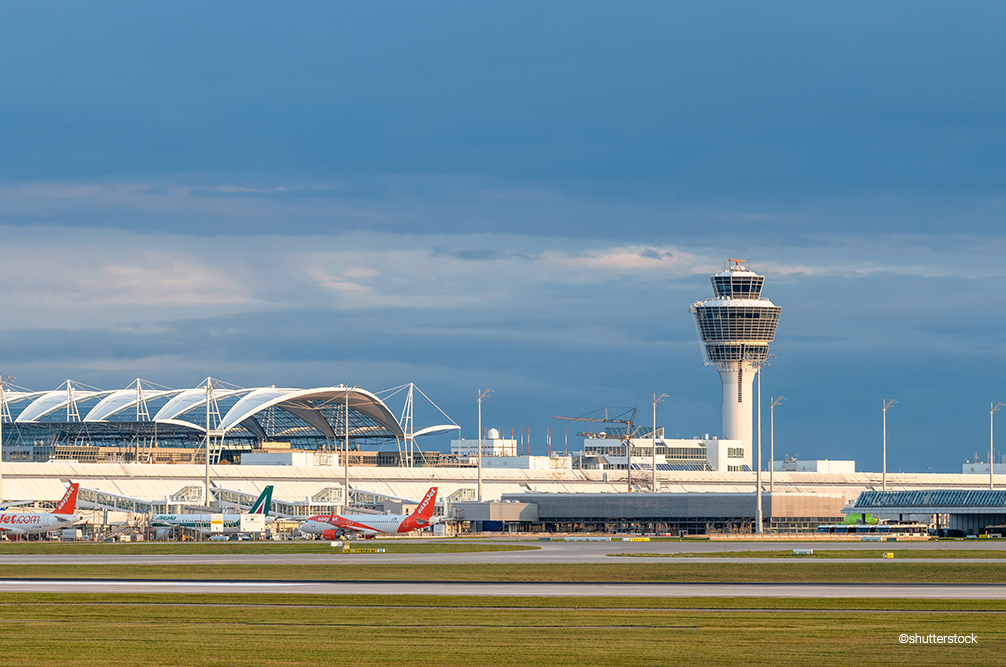
© DFS Deutsche Flugsicherung GmbH
Project Reference
–
Digital Apron Services Lima
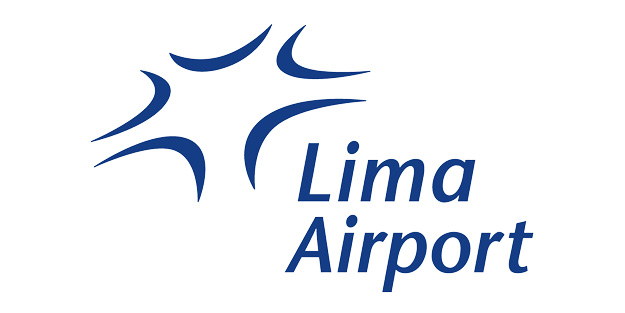
Lima
Successfully implemented a remote tower operation including advanced systems as well as a CONOPS for digital apron control for the newly built terminal 2.
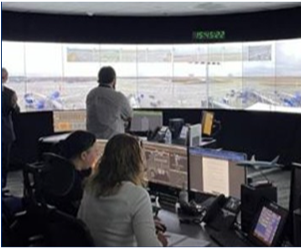
© DFS Aviation Services
DFS Group experience
Virtual/Digital Tower: Strategy and CBA, Operational concepts, Workplace design, Safety assessment, Certification process, Training and transition, Change management
Remote Tower Centre Leipzig to control 3 airports from remote
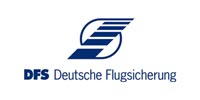
Leipzig, Germany
DFS Deutsche Flugsicherung and Frequentis developed an advanced remote tower solution for the three international airports of Saarbrücken, Erfurt and Dresden to be serviced from the first Remote Tower Control-Center of Germany in Leipzig.
The project comprises the entire scope of Remote Towers: from determination of the needs to approval of the solution by the national supervisory authority. In the first phase, already accomplished, the Remote Tower Center Leipzig was to be established and air traffic control services for Saarbrücken airport would be provided. In this phase, the contract was awarded (2015), validations happened (2015/16), the center was operated in shadow mode (2016), final acceptance was received (2017), and finally went live (2018). The solution is certified for operation by the German regulator, provides 100% continuous operation, and so far can handle up to 7 concurrent movements (Saarbrücken airport handles ~ 15.000 movements/year, with ~40% of them being VFR).
In the second phase, already accomplished, the DFS tower of Erfurt was integrated into the Remote Tower Center Leipzig in 2022.
in the third, currently ongoing phase, the DFS tower of Dresden will be integrated too.
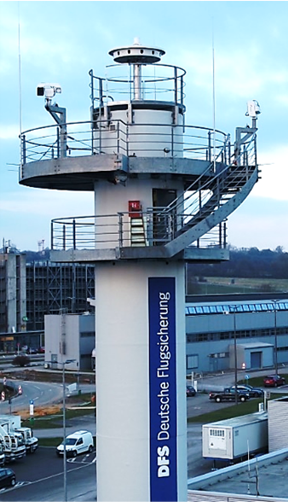
© DFS Deutsche Flugsicherung GmbH
Project Reference
Feasibility Study & Cost Benefit Analysis
Feasibility Study for Oro Navigacija, Lithuania
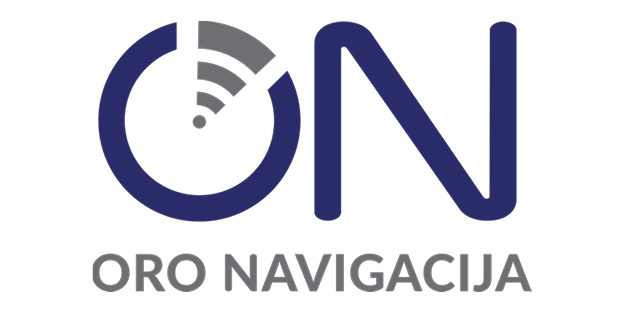
Lithuania
Assessment of feasibility of Remote Tower solutions for the four airports of Vilnius, Kaunas, Palanga and Šiauliai. The outcome enabled ON to make an informed decision about the later realisation of the envisioned RTC solution and the necessary concepts.
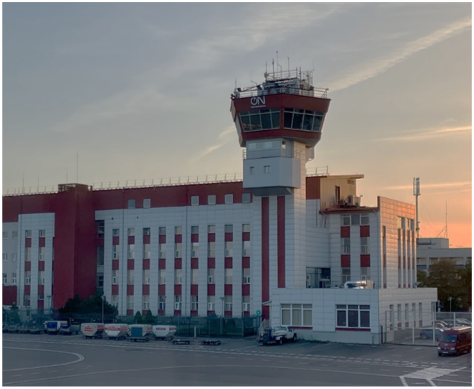
© Oro Navigacija
Kontaktieren Sie uns
Hinweis zum Datenschutz
Wenn Sie über den oben angegebenen E-Mail-Link Kontakt mit uns aufnehmen, werden die von Ihnen übermittelten Daten (z.B. Ihre E-Mail-Adresse und der Inhalt Ihrer Nachricht) ausschließlich zur Bearbeitung Ihrer Anfrage verwendet. Ihre Daten werden nicht an Dritte weitergegeben und nach Abschluss der Kommunikation gelöscht, sofern nicht gesetzliche Aufbewahrungspflichten bestehen. Bitte beachten Sie, dass die Datenübertragung per E-Mail unverschlüsselt erfolgen kann, was Sicherheitsrisiken mit sich bringen kann. Für vertrauliche Informationen empfehlen wir die Verwendung sicherer Kommunikationskanäle. Weitere Einzelheiten finden Sie in unserer Datenschutzerklärung.


